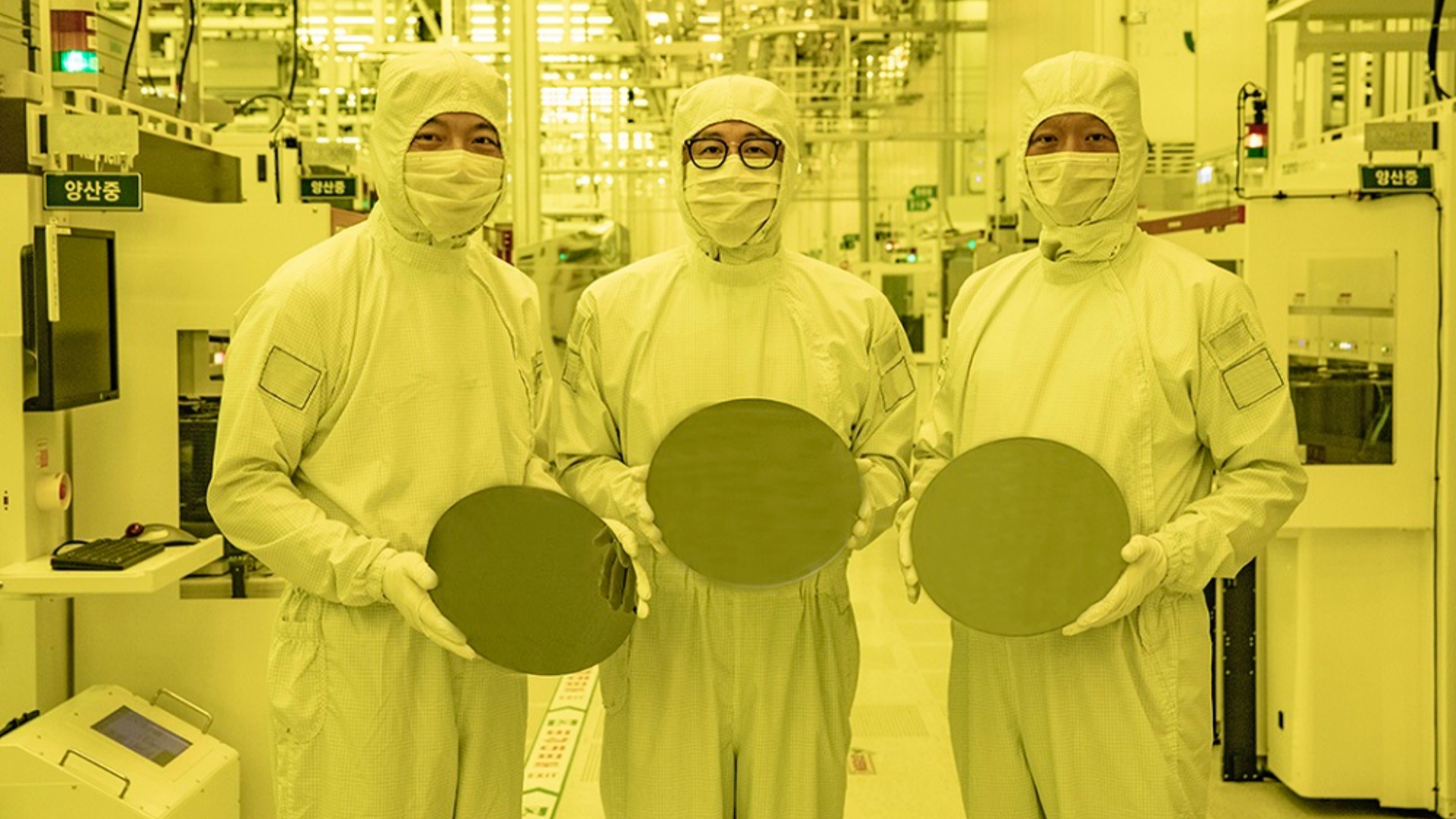Samsung this week announced a significant milestone in terms of its ability to manufacture semiconductors, with the South Korean firm noting that its first generation 3nm chips have rolled off the foundry floor.
The new architecture is important for a number of reasons, one of which is the fact that Samsung has beaten Taiwan Semiconductor Manufacturing Company (TSMC) to the milestone, as both outfits aimed to surpass the other to the feat.
Samsung says it was able to achieve the new semiconductor standard as a result of new Gate-All-Around (GAA) transistor architecture.
“Multi-Bridge-Channel FET (MBCFET), Samsung’s GAA technology implemented for the first time ever, defies the performance limitations of FinFET, improving power efficiency by reducing the supply voltage level, while also enhancing performance by increasing drive current capability,” the company explains in a press statement.
“Samsung’s proprietary technology utilizes nanosheets with wider channels, which allow higher performance and greater energy efficiency compared to GAA technologies using nanowires with narrower channels. Utilizing the 3nm GAA technology, Samsung will be able to adjust the channel width of the nanosheet in order to optimize power usage and performance to meet various customer needs,” it adds.
The upshot of the above means that the new 3nm chips offer 45 percent less power consumption, deliver 23 percent improved performance and are 16 percent smaller than the previous generation of 5nm chips.
The first batches of new semiconductors are currently being manufactured, which means we could see them feature in freshly minted Samsung devices as early as later this year. The second round of batches are also earmarked for production next year, the company confirms.
As such we could see these chips feature in a new foldable or the latest iteration of the Galaxy S series in a few months.
While this is an important step for Samsung, TSMC is not taking this loss lying down, adding that it plans to have 2nm chips ready for production by 2025. Whether Samsung, or another semiconductor manufacturer can beat them to the punch, remains to be seen.

